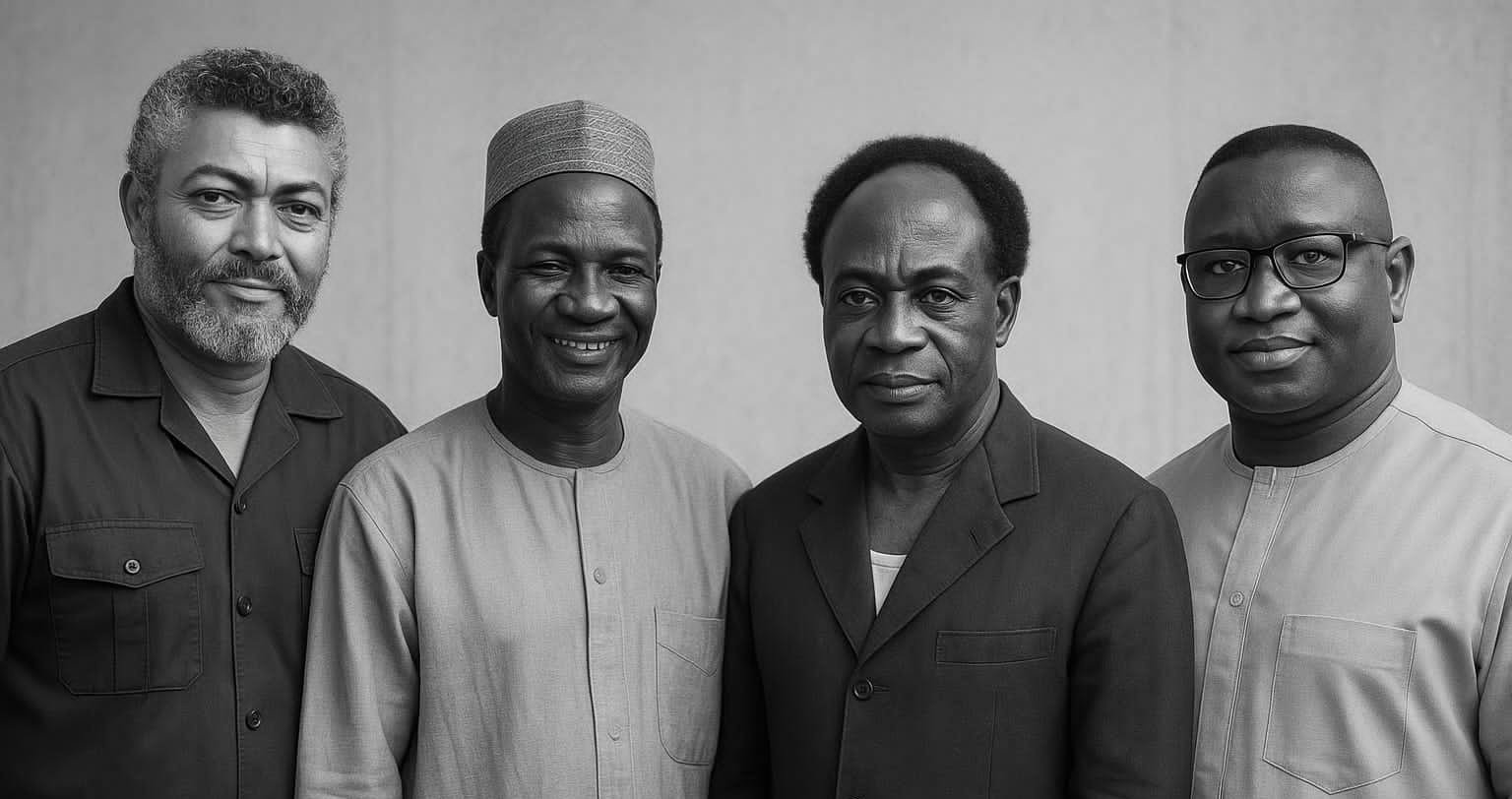Alpha Amadu Jalloh
“It is not the absence of military interventions which will bring back our democracy, development, justice and freedom. What is needed is the ability to empower the people and integrity of leadership. Leadership should not be used to intimidate our citizens but rather to empower them.”
Jerry John Rawlings
Africa’s democratic journey has been one of resilience, betrayal and struggle. From the days of pan-African fervor led by revolutionary thinkers like Kwame Nkrumah and Amilcar Cabral, to the present-day manipulation of electoral systems by power-hungry leaders, the continent’s relationship with democracy has been complicated. The lessons left by our great leaders echo through time, but the current wave of governance often drowns their voices in the noise of corruption and authoritarianism.
“A country that does not control its economy is not free. It is under colonial rule.”
Kwame Nkrumah
The founding fathers of African liberation had a profound understanding of true democracy. To them, democracy was not simply the casting of ballots every four or five years. It was rooted on economic justice, political accountability and empowering the common people. Jerry Rawlings, Ghana’s former President, warned us that democracy without integrity is a hollow practice. Samora Machel of Mozambique put it even more bluntly. “International solidarity is not an act of charity. It is an act of unity between allies fighting on different terrains toward the same objectives.”
Today, however, democracy in many African nations is reduced to a spectacle. Governments organize elections to satisfy donors and global observers, but suppress dissent, jail journalists and manipulate results. Power is not a service but a prize. Leaders refuse to leave office, manipulate constitutional term limits and treat governance as a divine right.
“The most dangerous mistake of any political force is to forget its roots.”
Jerry John Rawlings
Sierra Leone serves as a fitting case study. Emerging from a brutal civil war that claimed over 50,000 lives, the country embarked on a path toward democratic governance with support from the international community. Ahmed Tejan Kabbah, Sierra Leone’s late President, played a key role in returning the country to democratic rule. “Peace is not a passive state. It must be nurtured, protected and defended,” he said. Yet, two decades later, Sierra Leone’s democracy is in peril.
Instead of building institutions that serve the people, successive governments have undermined them. Elections are marred by violence, the judiciary is politicized and public service has become synonymous with personal enrichment. The ruling elite preach transparency while living in luxury.








